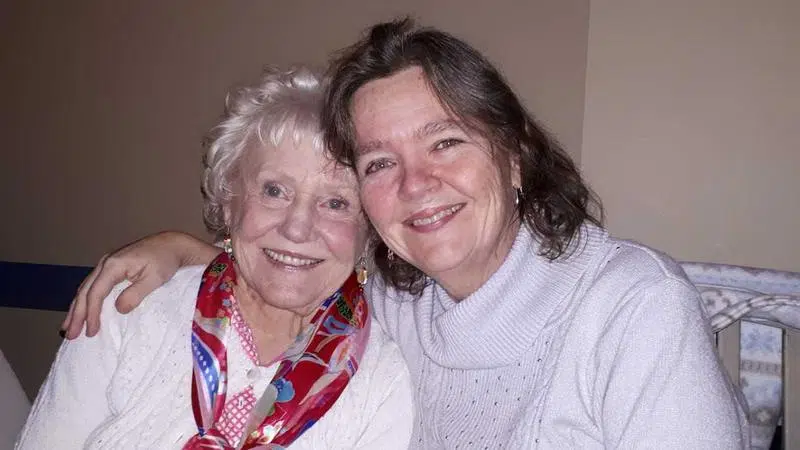
Ashcroft woman shares mother’s journey with dementia to reduce stigma
KAMLOOPS — January is Alzheimer’s Awareness Month, and this year the Alzheimer Society of B.C. is tackling the issue of stigma.
People who are diagnosed with dementia are often afraid or embarrassed to share their diagnosis.
But, with the number of Canadians living with dementia expected to double in the next 15 years, the society is hoping people will educate themselves and feel safe to share their stories.


